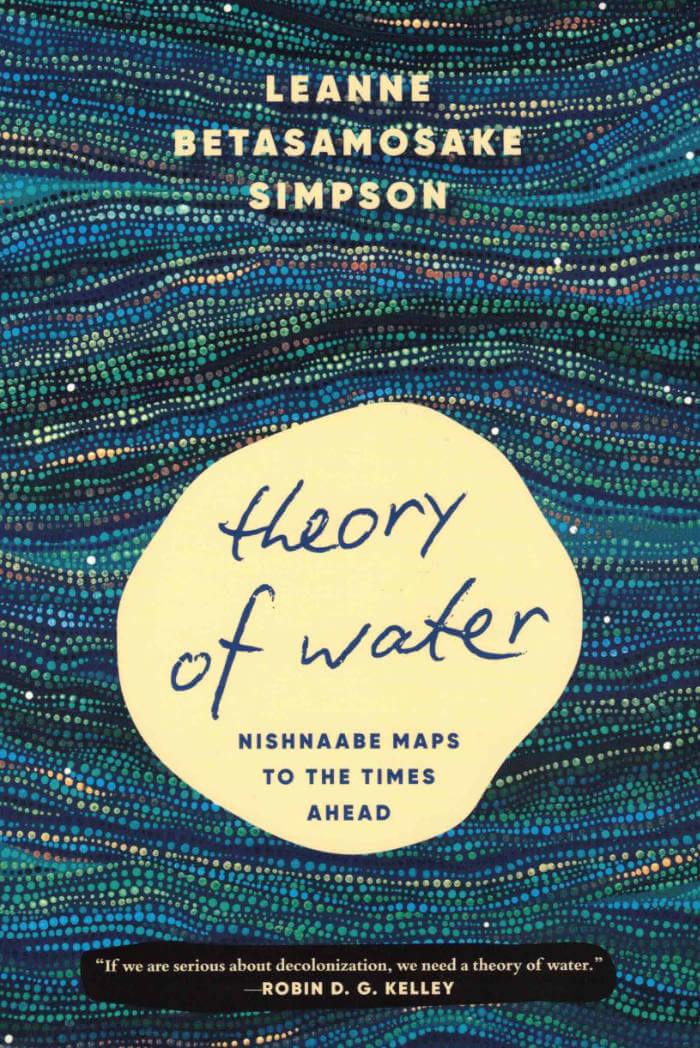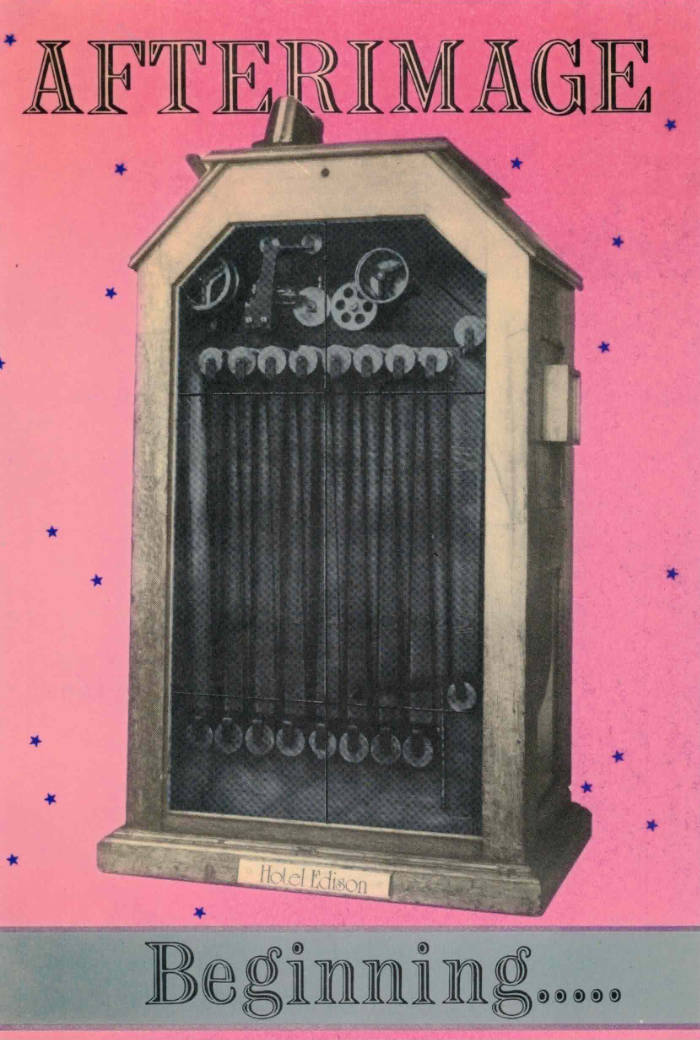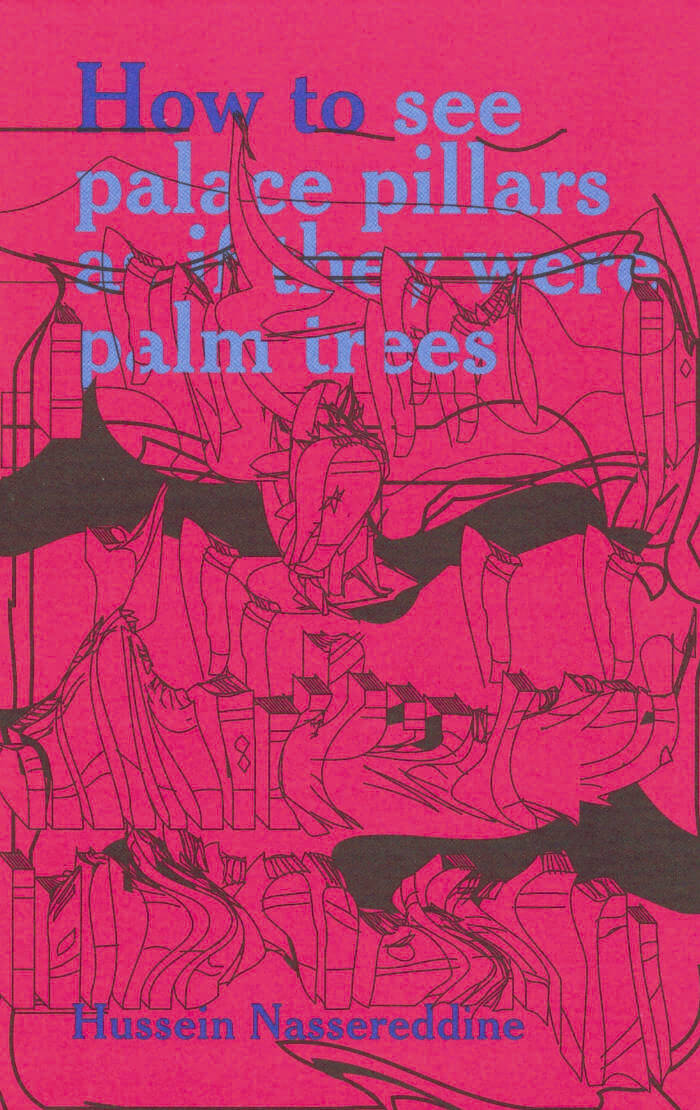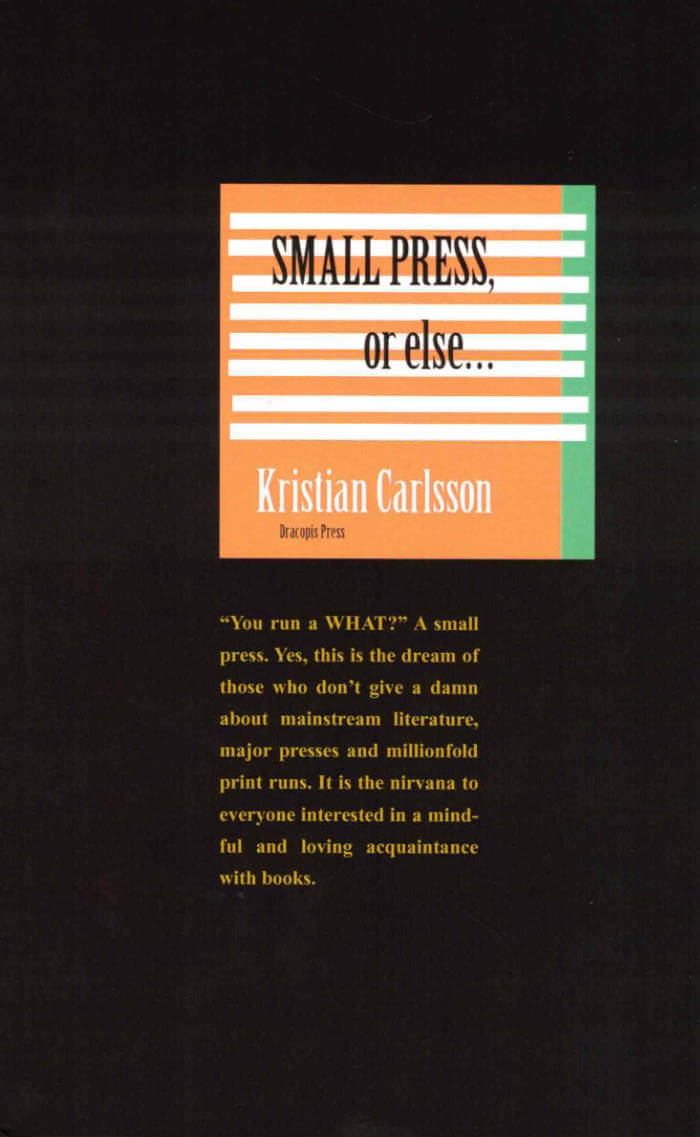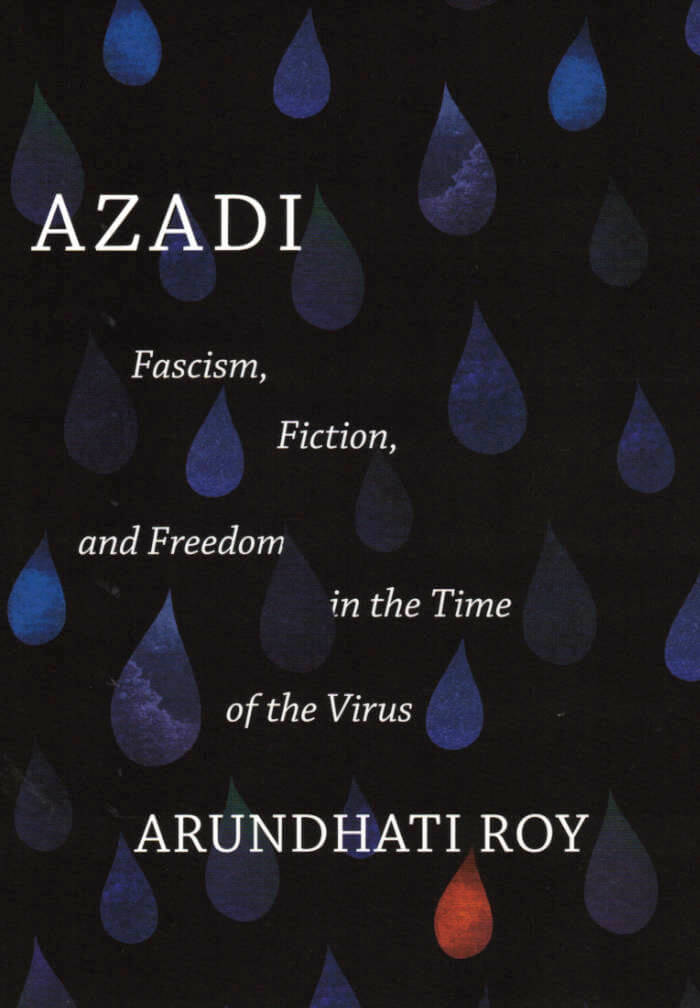
Azadi: Freedom. Fascism. Fiction.
The chant of 'Azadi!' — Urdu for 'Freedom!' — is the slogan of the freedom struggle in Kashmir against what Kashmiris see as the Indian Occupation. Ironically, it has also become the chant of millions on the streets of India against the project of Hindu nationalism. Just as Arundhati Roy began to ask what lay between these two calls for freedom — a chasm or a bridge? — the streets fell silent. Not only in India but all over the world.
The coronavirus brought with it another, more terrible understanding of azadi, making nonsense of international borders, incarcerating whole populations, and bringing the modern world to a halt like nothing else ever could.
In a series of essays, Arundhati Roy challenges us to reflect on the meaning of freedom in a world of growing authoritarianism
